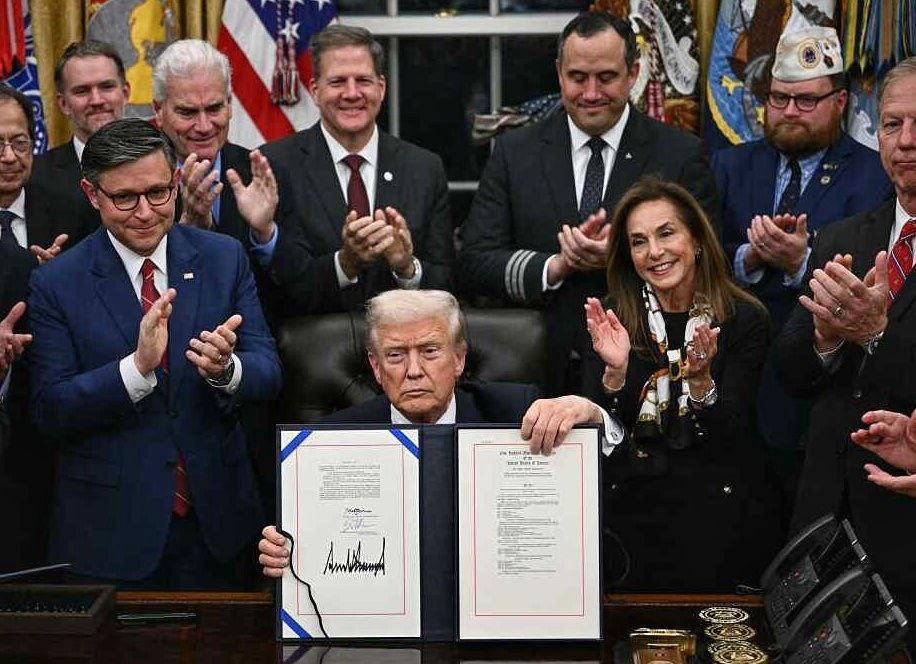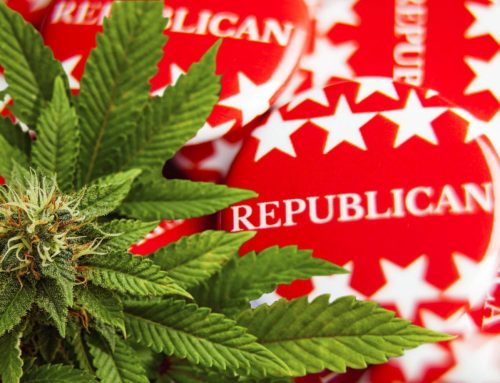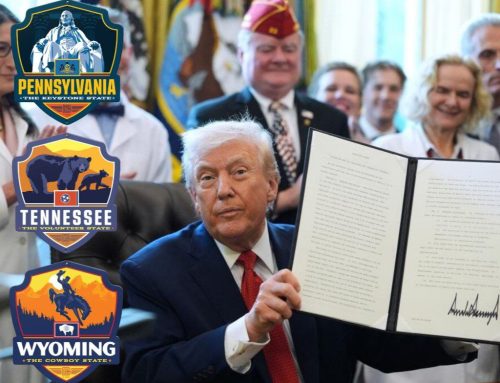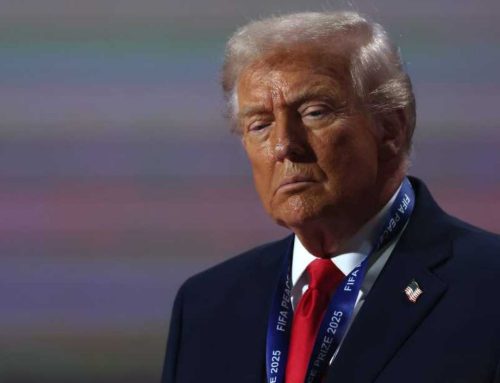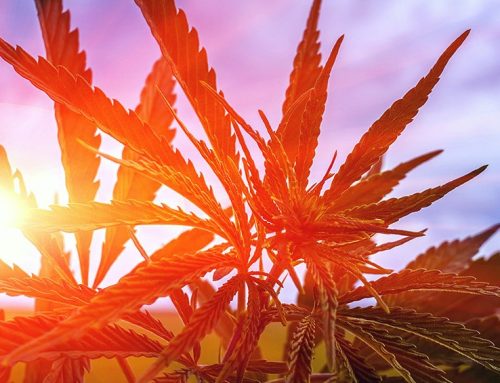Trump Signs Funding Measure Ending Historic 43-Day Government Shutdown, Bans Hemp-Derived THC Products
WASHINGTON – President Donald Trump signed a bipartisan spending package that reopens the federal government after a 43-day impasse, marking the longest such closure in American history. Tucked into the legislation, however, are new limits on hemp-derived products that effectively prohibit most intoxicating varieties, reshaping a sector that has grown into a $28 billion market since the 2018 Farm Bill was signed into law.
The measure, which funds government operations through January 2026, passed the House by a 222-209 vote earlier in the day, largely along party lines. Lawmakers from both sides framed the accord as a necessary truce in budget disputes that began in October over spending priorities, including border security and disaster aid. Yet the inclusion of hemp provisions caught industry observers off guard, stemming from a late compromise brokered by Senate negotiators to address concerns from state attorneys general about unregulated THC sales.
Under the changes, hemp products face a cap of 0.4 milligrams of total THC per container, encompassing not only delta-9 THC but also other intoxicating synthetic cannabinoids like delta-8 THC, delta-10 THC, THC-O-Acetate, HHC, THC-P, and THC-H. This adjusts the 2018 Farm Bill’s benchmark, which previously allowed up to 0.3% delta-9 THC by dry weight in raw plant material, a threshold meant for cultivation, not finished goods. The shift closes what critics called a regulatory gap [loophole], enabling the sale hemp-derived THC items like beverages, gummies, and vapes that skirt Cannabis laws in prohibition states.
Enforcement begins 365 days after enactment, giving businesses a year to adapt.
From an industry standpoint, the move demands a clear-eyed assessment. Hemp’s expansion, fueled by low barriers to entry and consumer demand for alternatives to traditional Cannabis and alcohol, has created jobs in farming and processing across rural economies. Analytics from trade groups show delta-8 alone accounts for roughly 40% of non-flower hemp sales, with projections estimating a $5 billion hit if those lines vanish.
On balance, while the restrictions may consolidate power among licensed Cannabis operators in legal markets, they risk fragmenting supply chains for CBD-dominant products that comply with the new rules. Smaller producers, already squeezed by variable testing standards, could face compliance requirements like retooling labs and reformulating product lines, pricing many out of business and fracturing fragile supply networks, even for compliant CBD isolates.
Far from safeguarding consumers, the hastily drafted clause revives Prohibition-era tactics, sidelining evidence-based regulations and effective enforcement in favor of broad bans driving innovation underground and exacerbating inequities for the very farmers Congress once championed.











